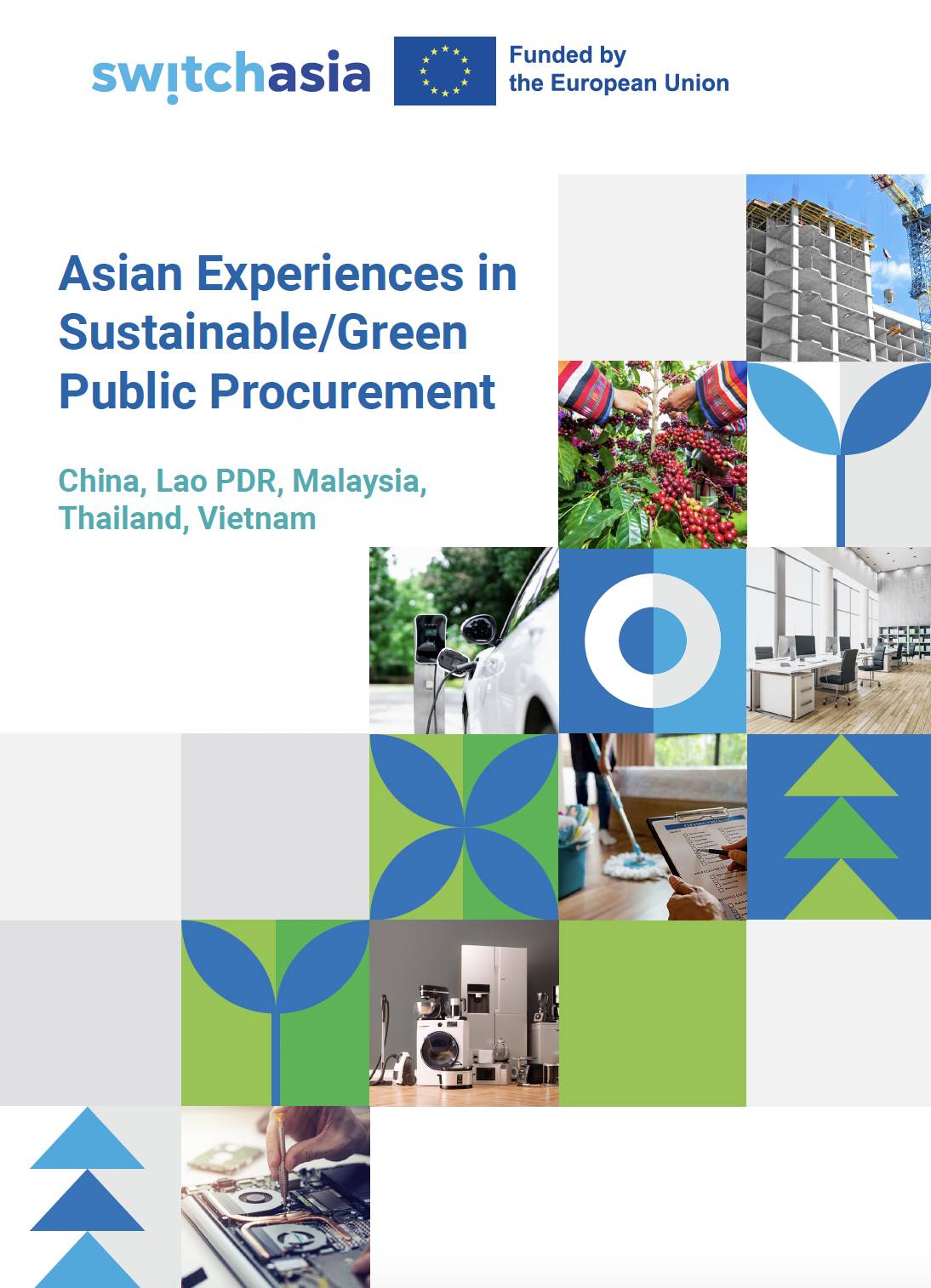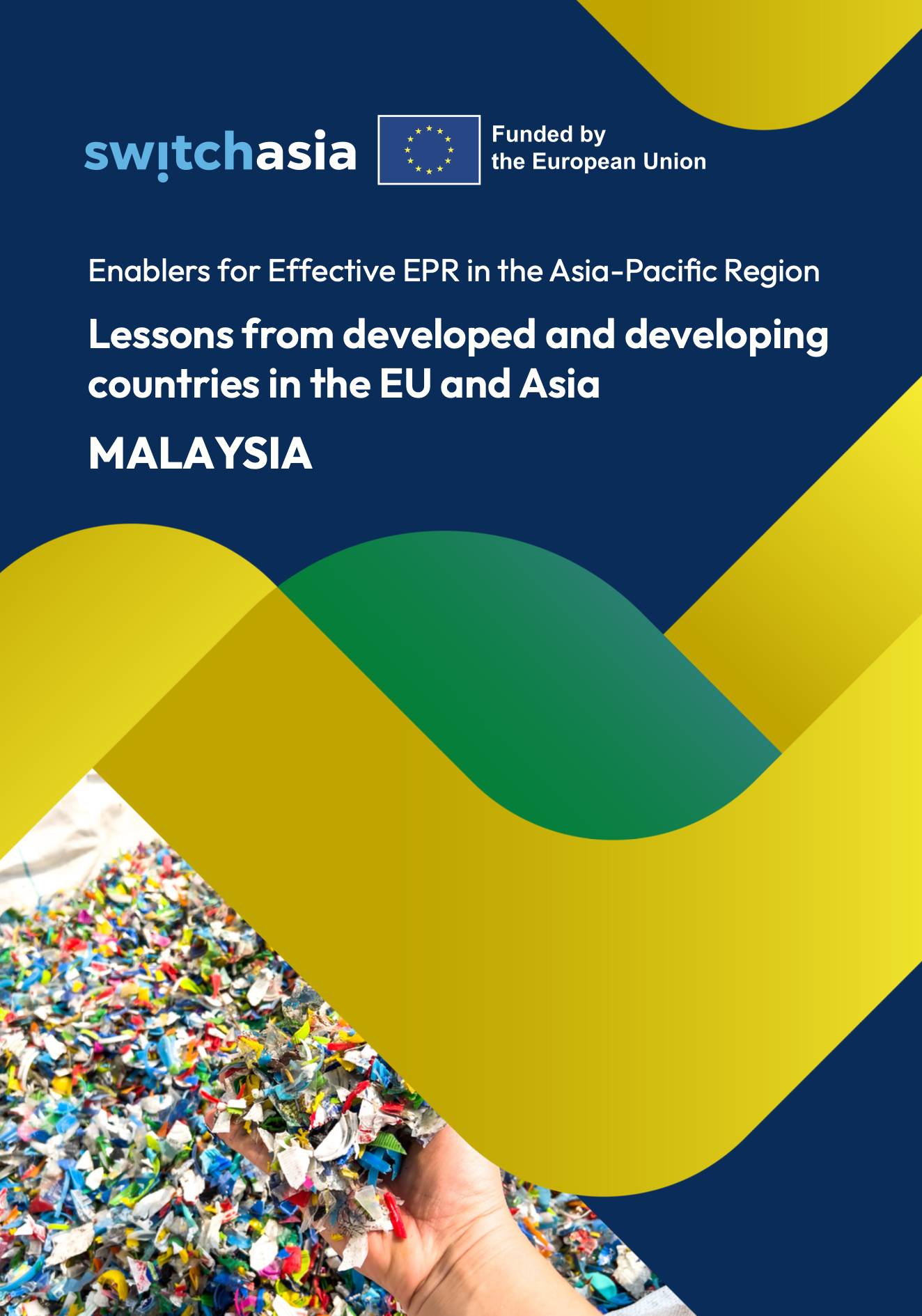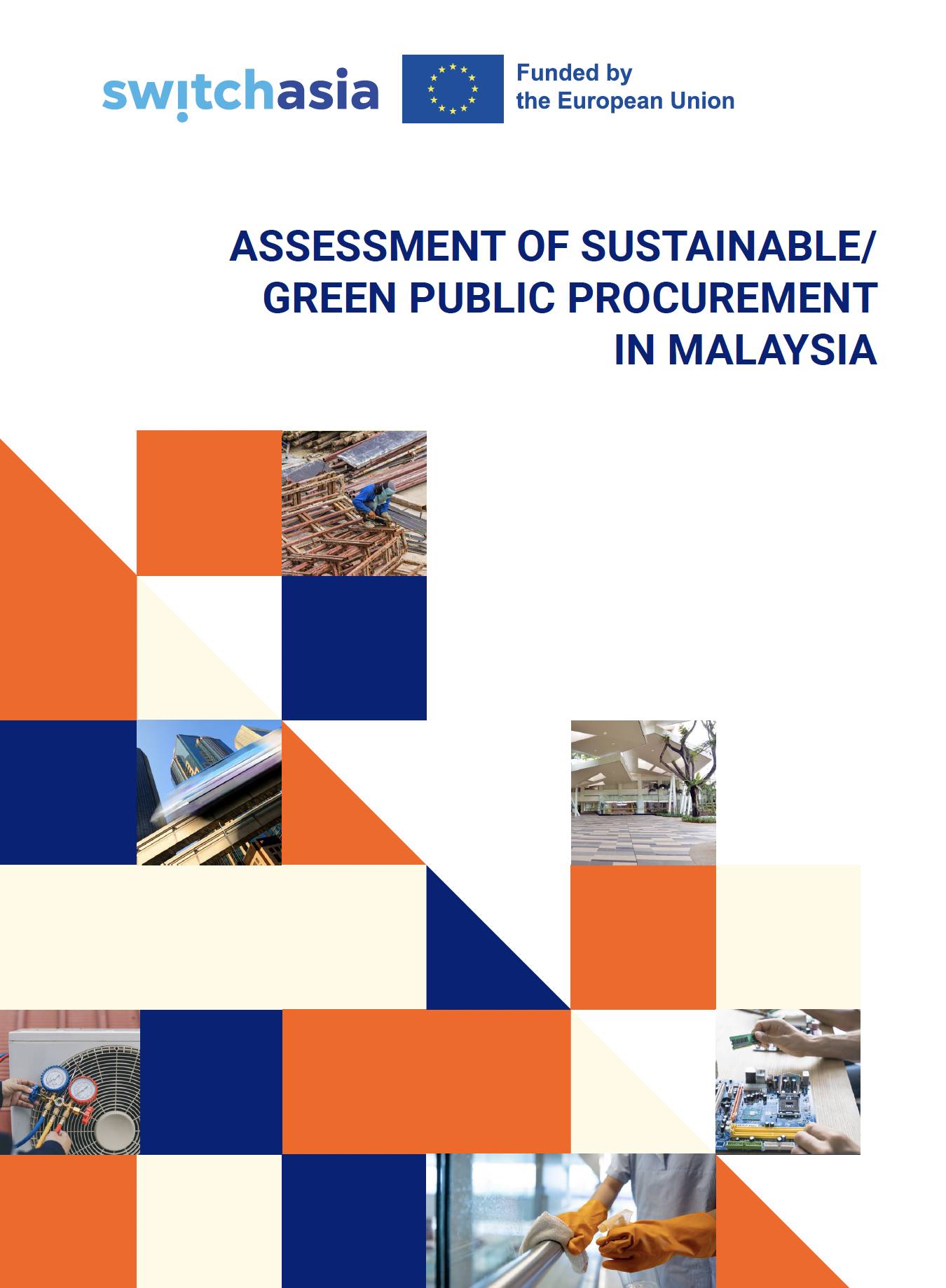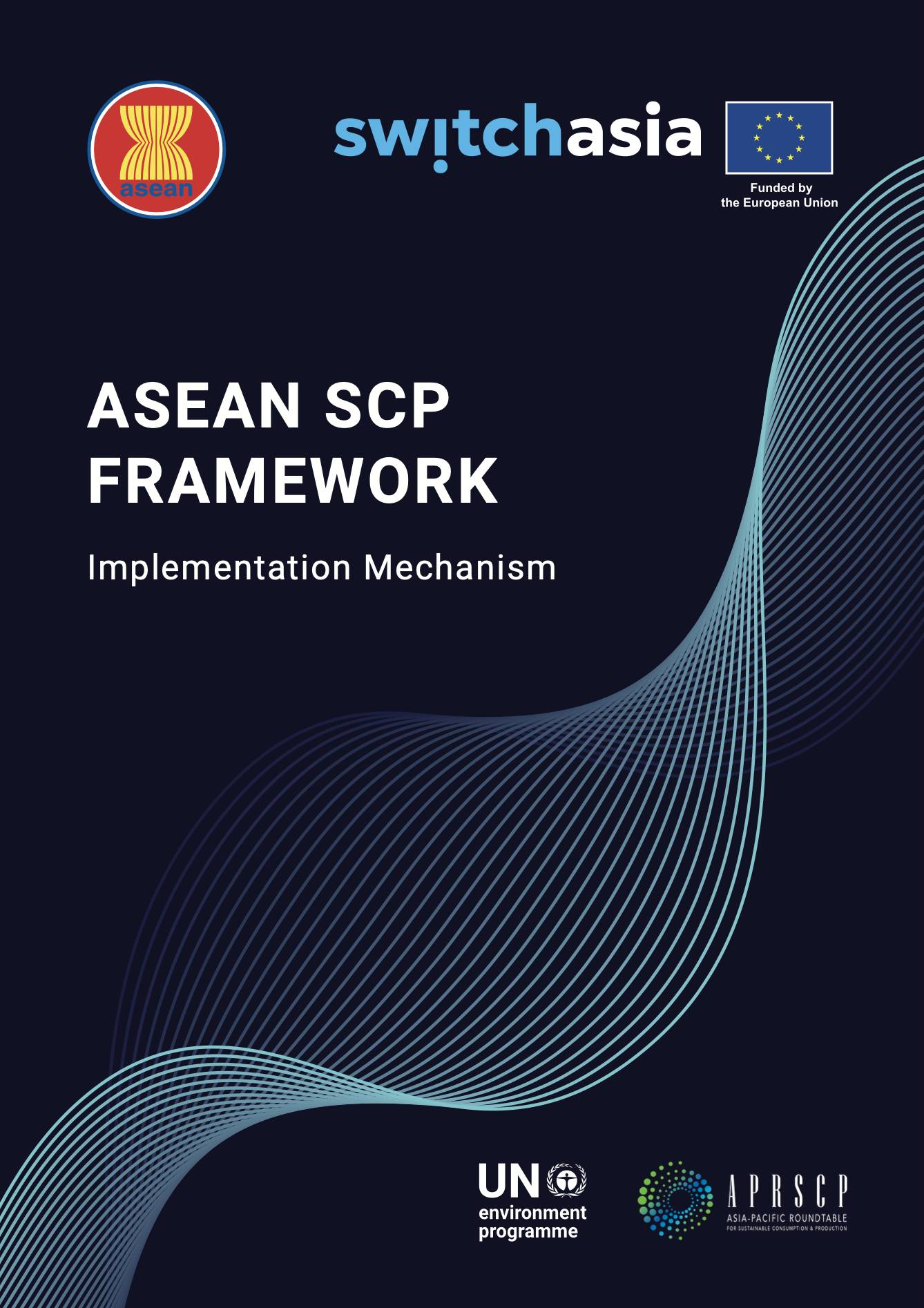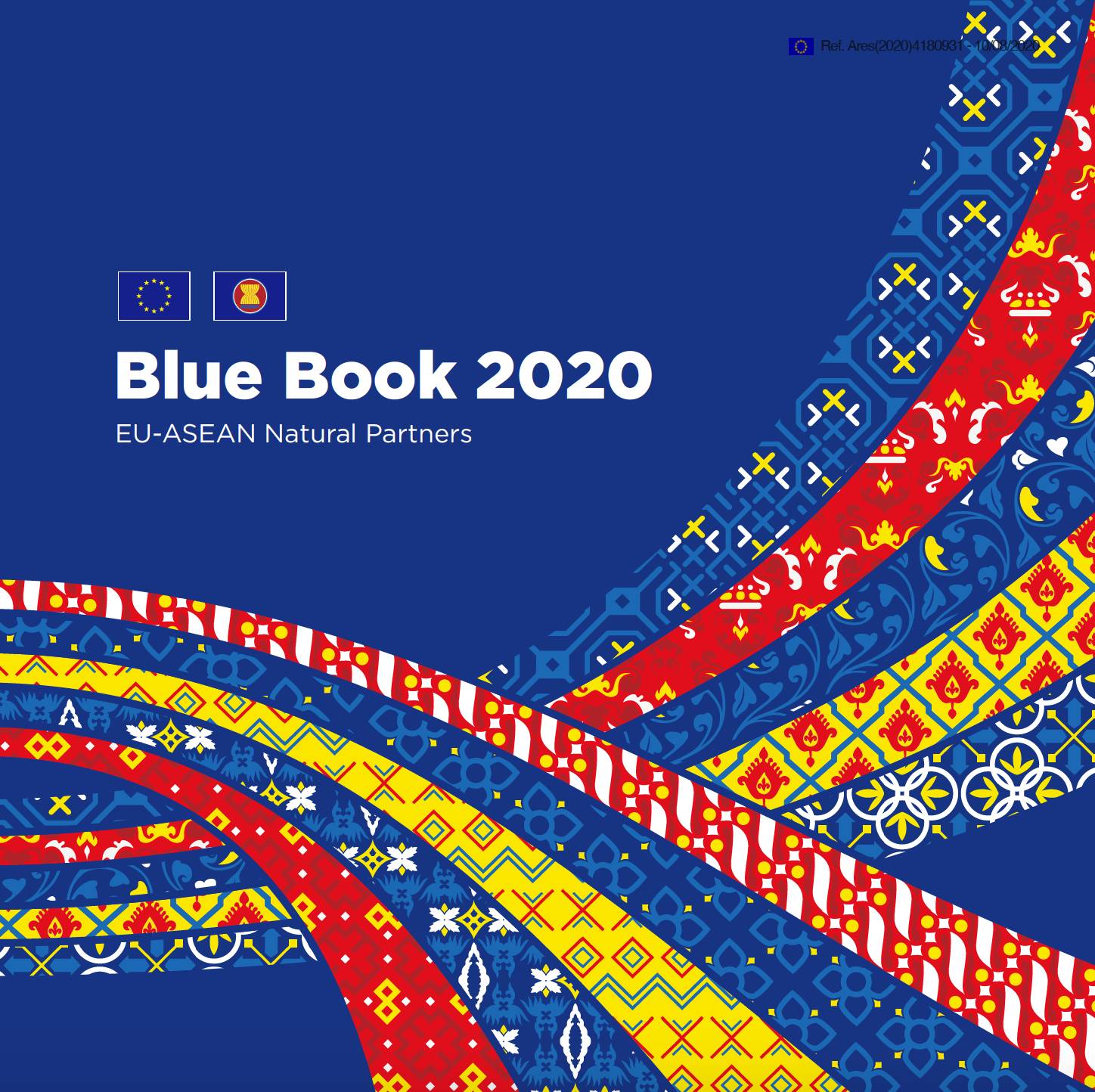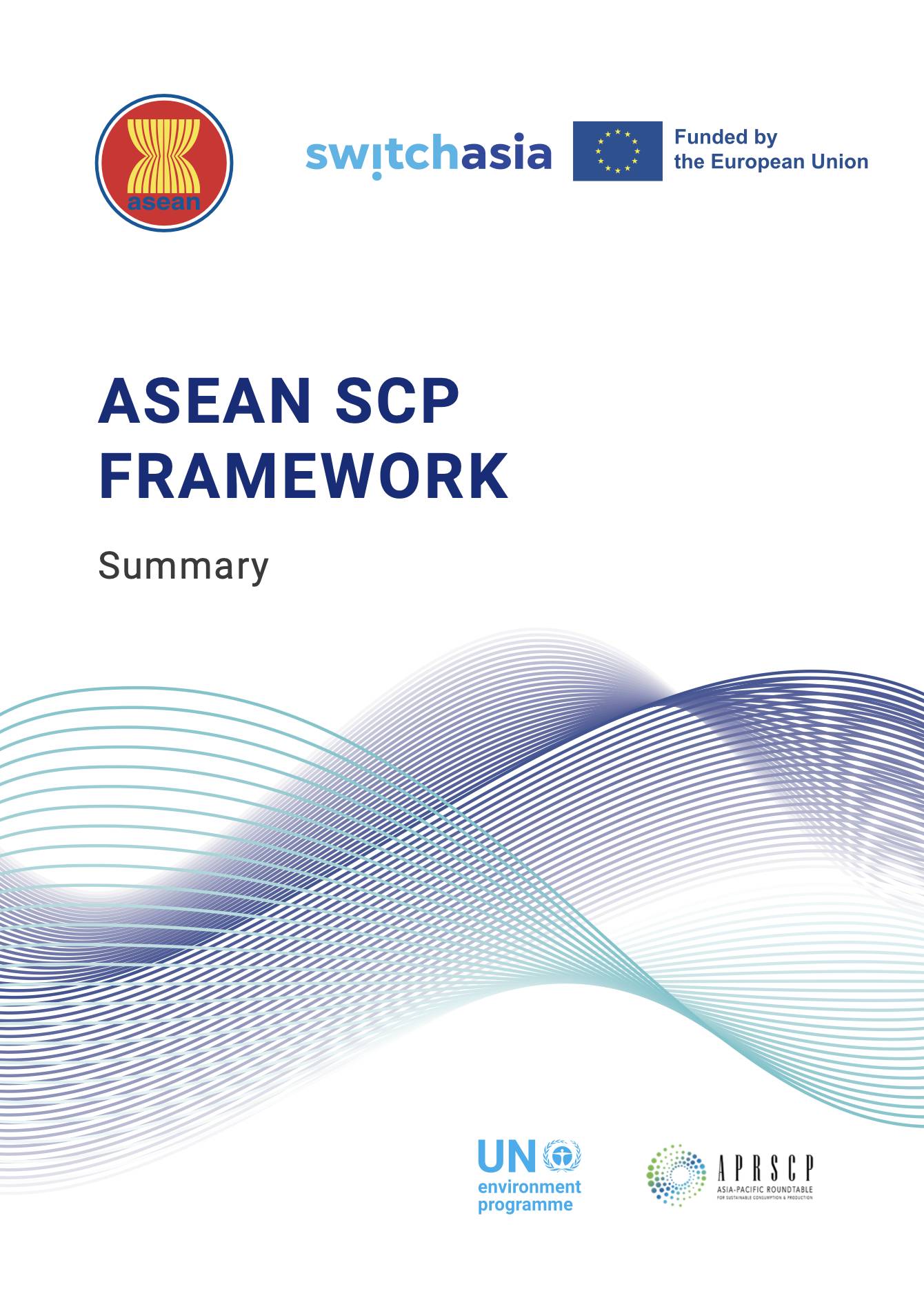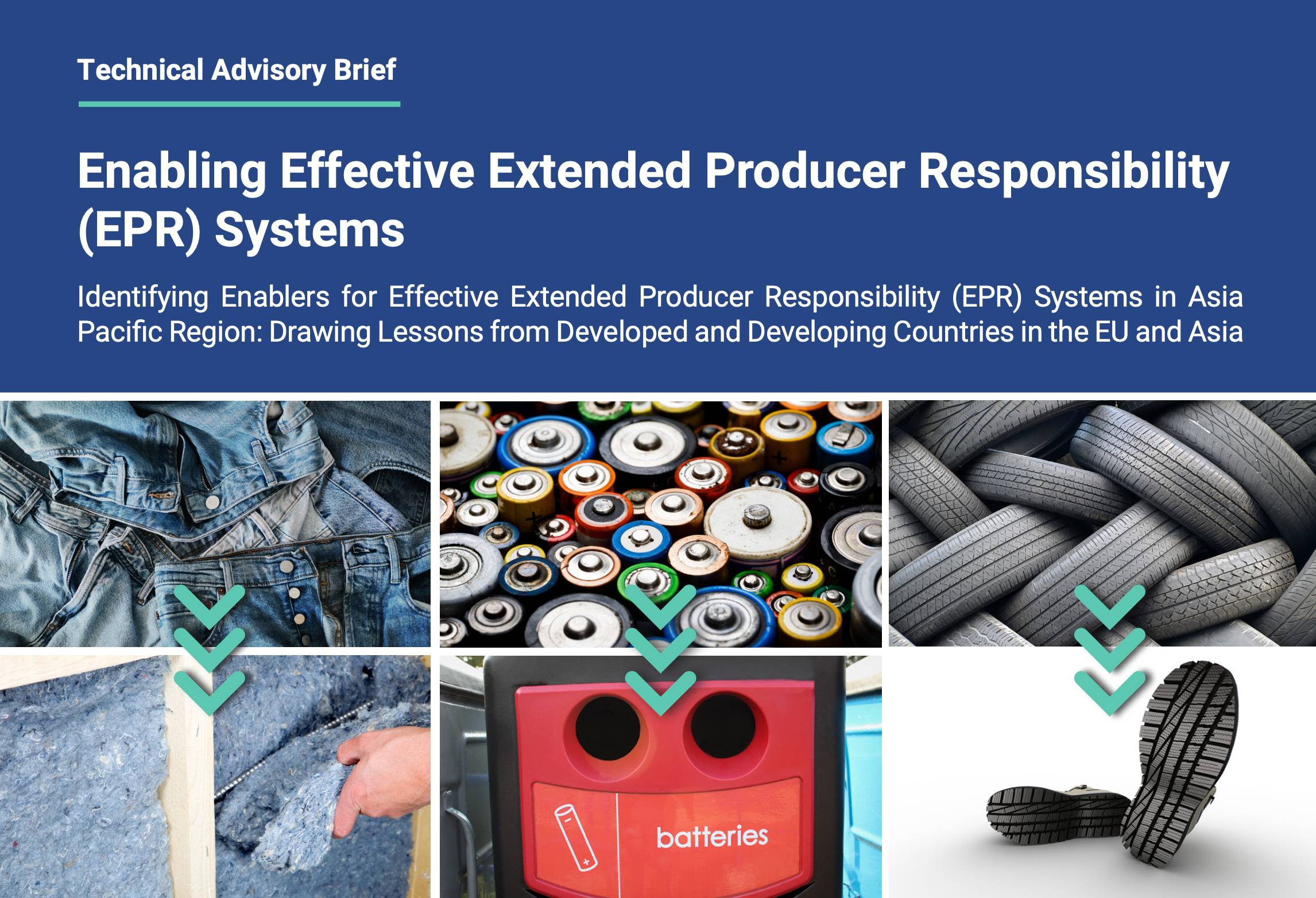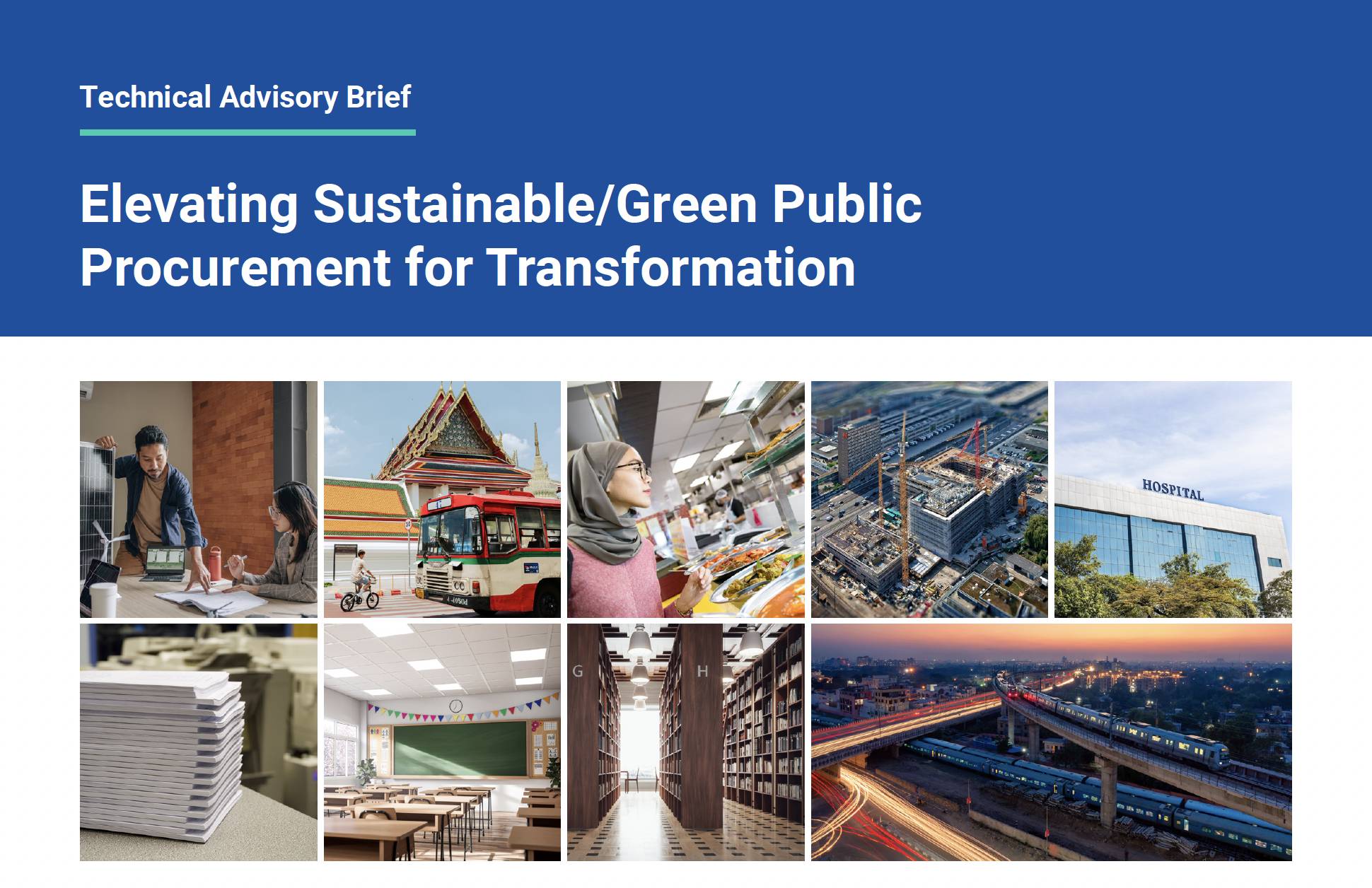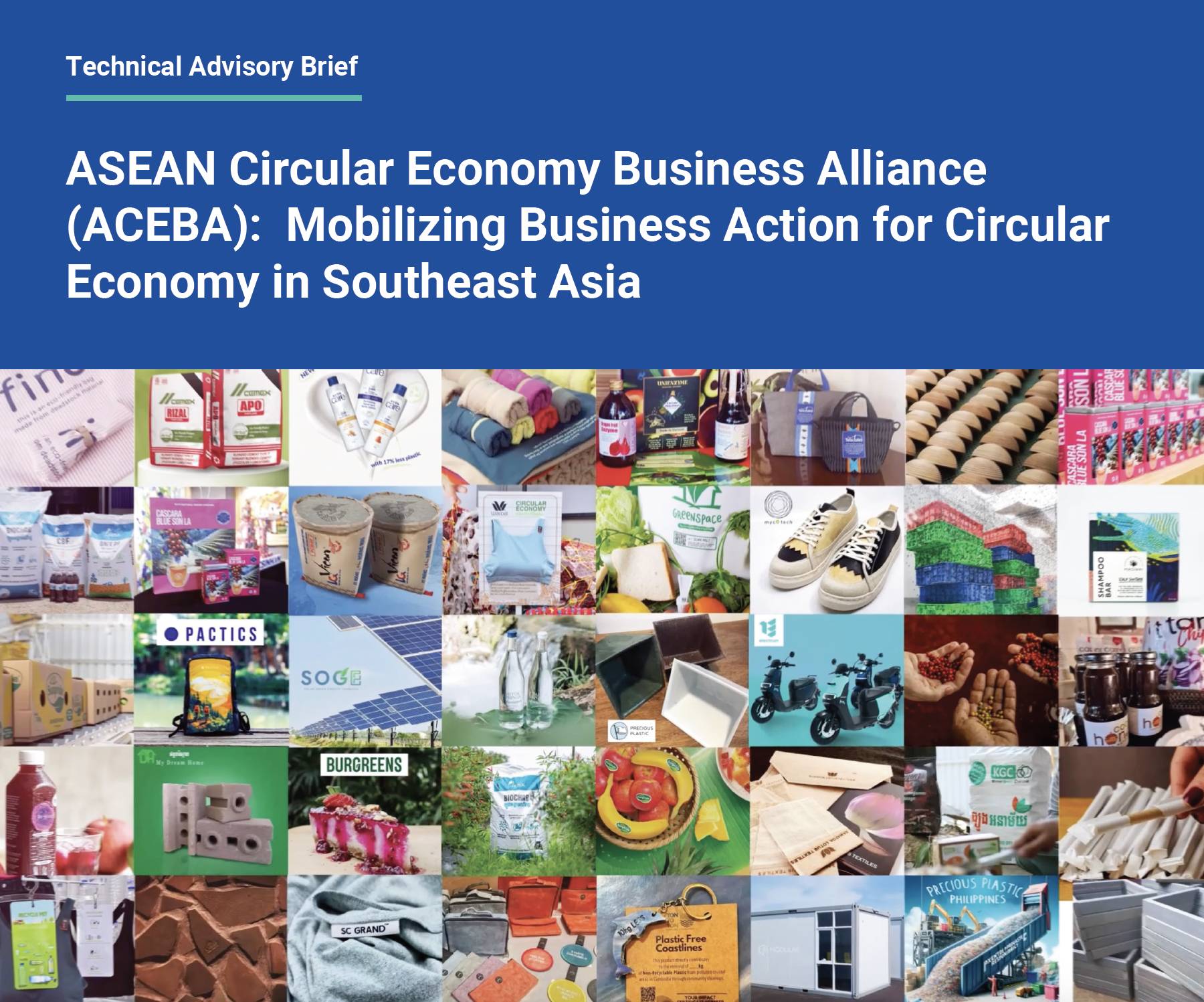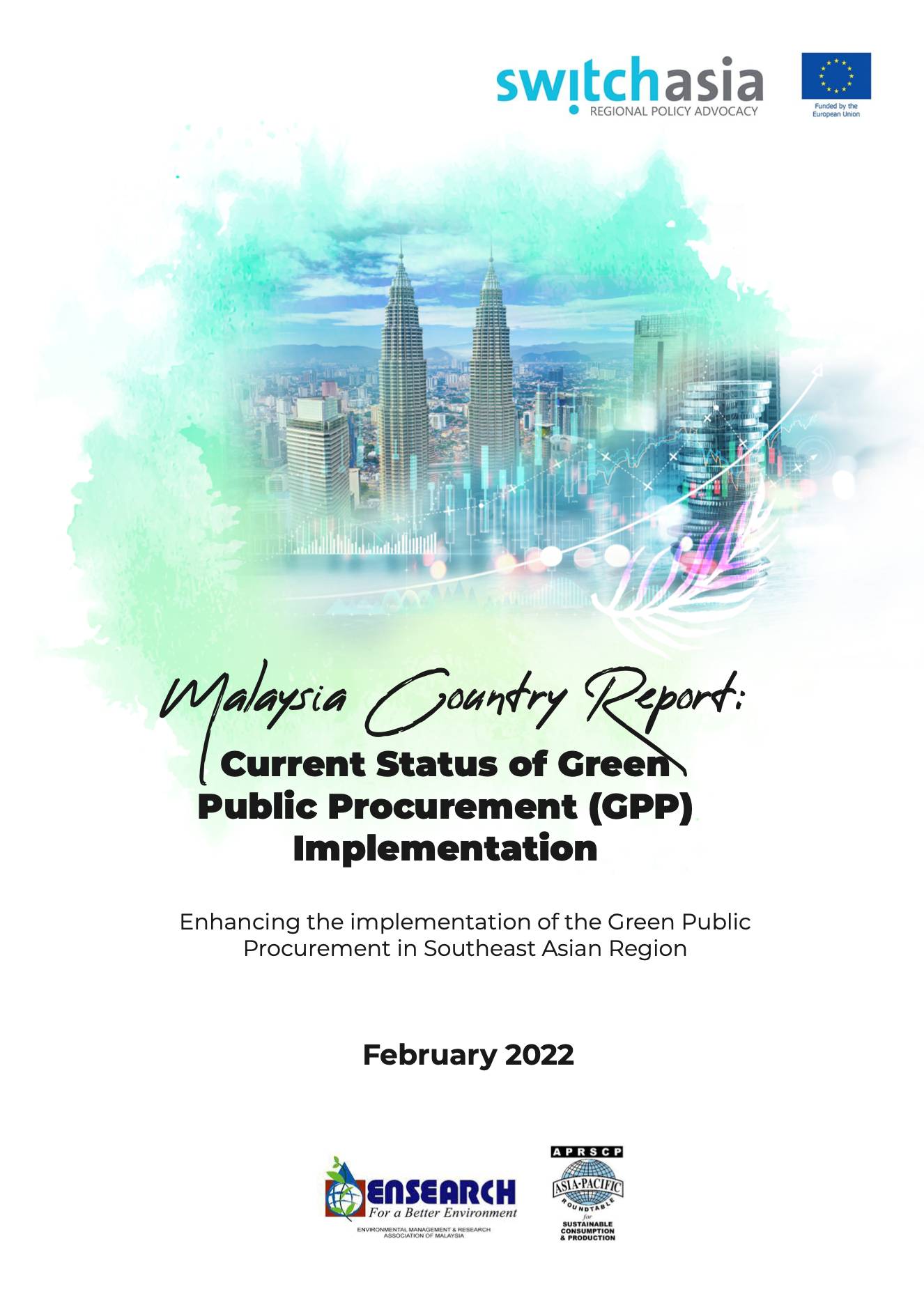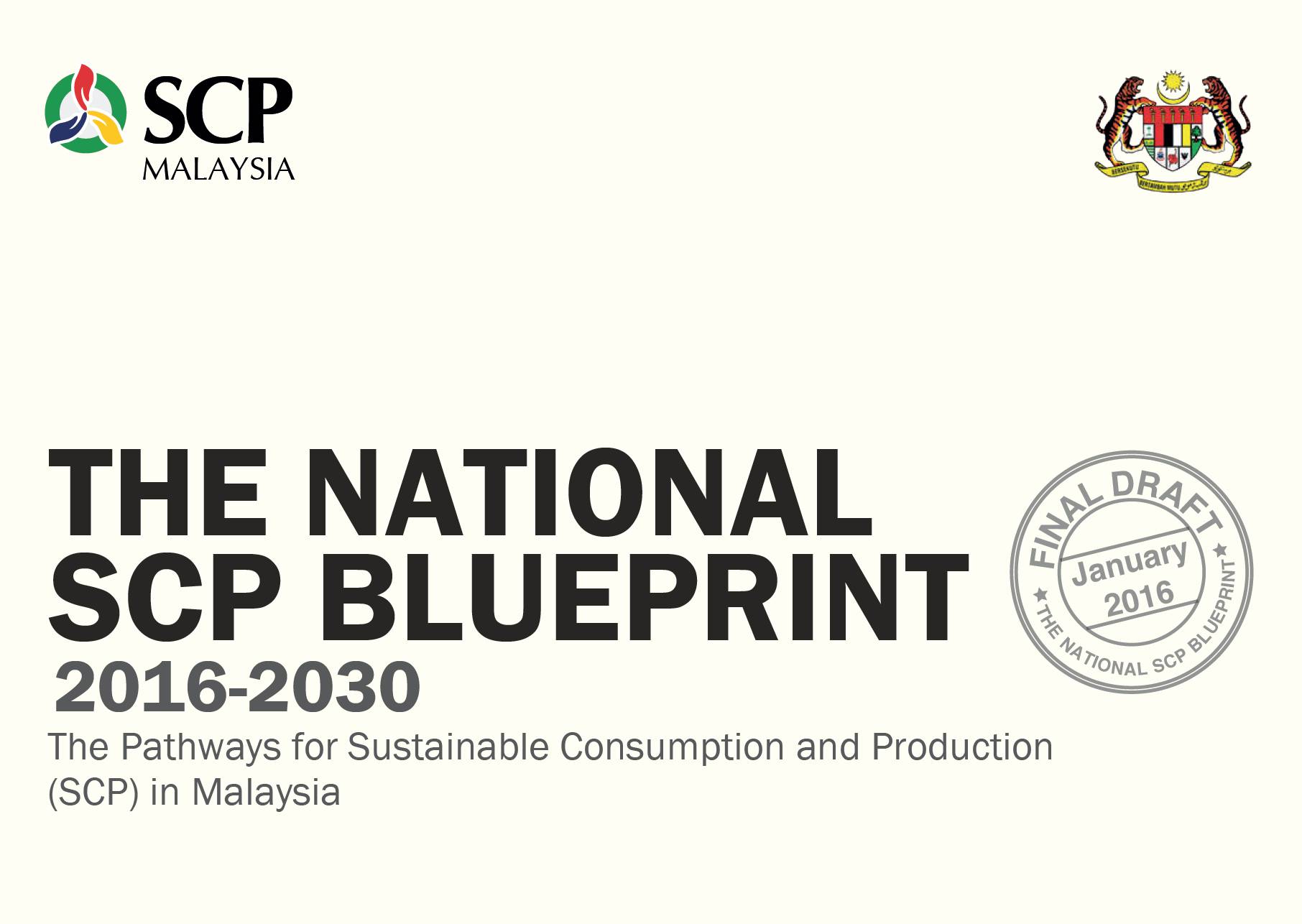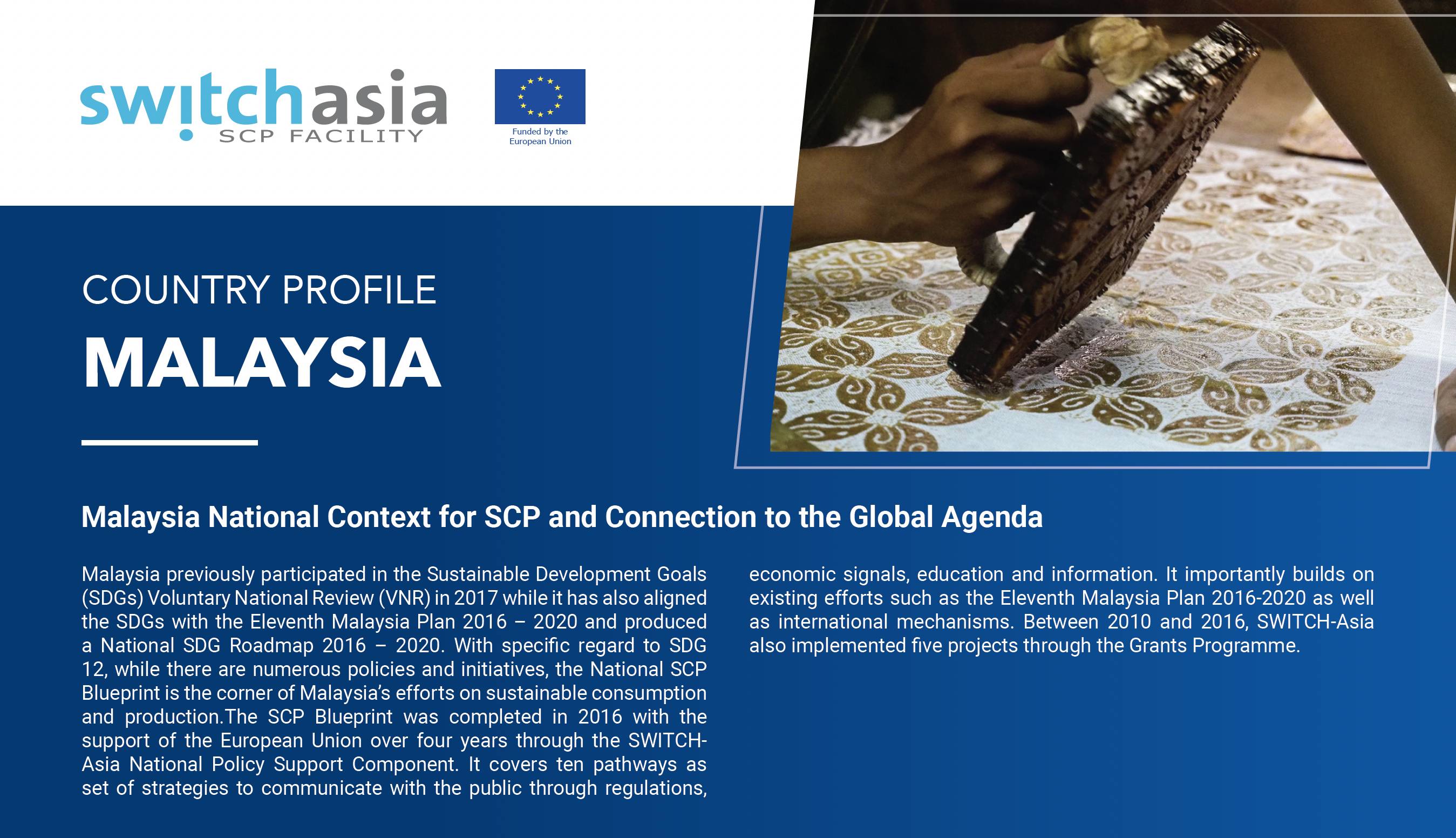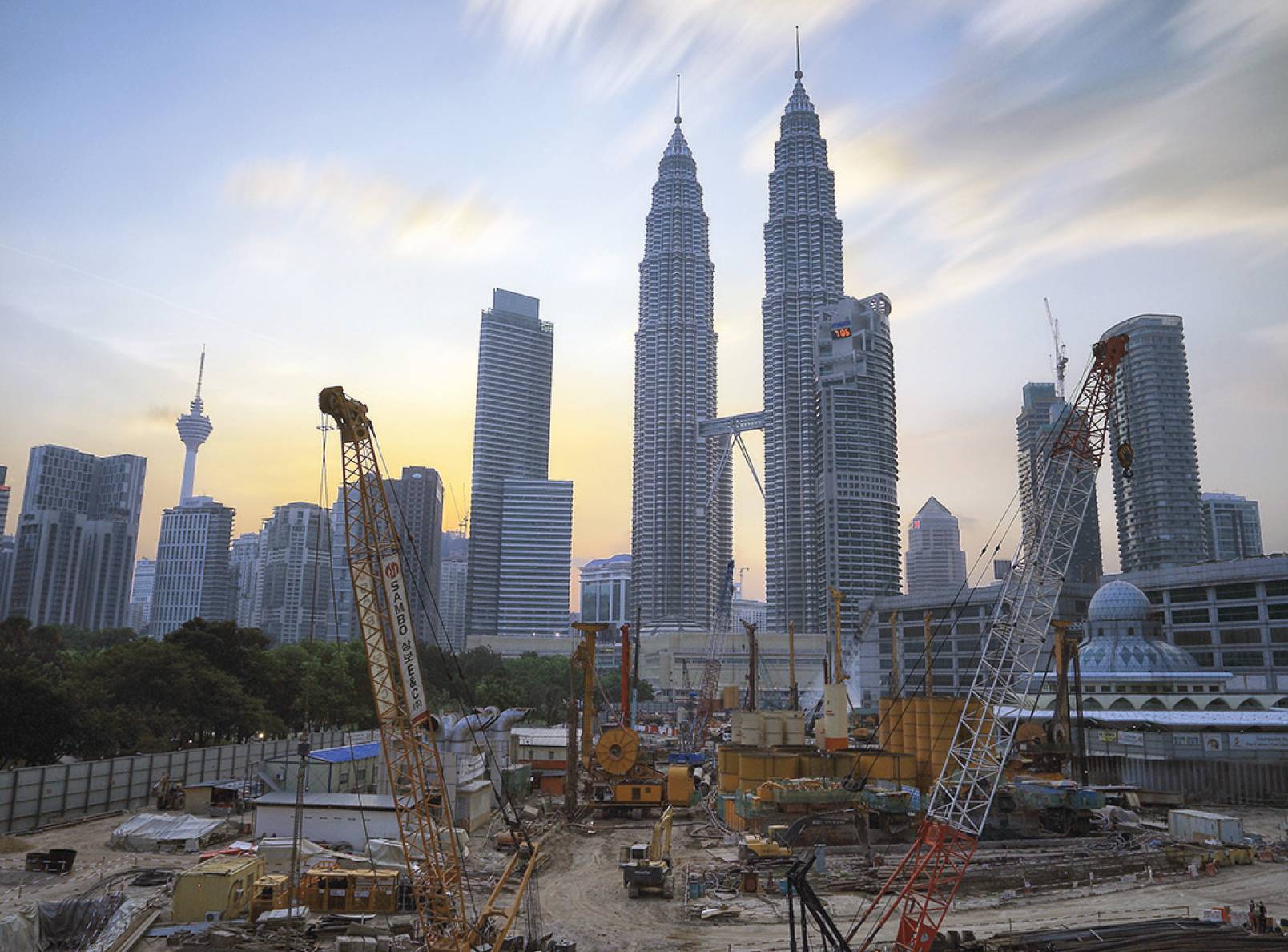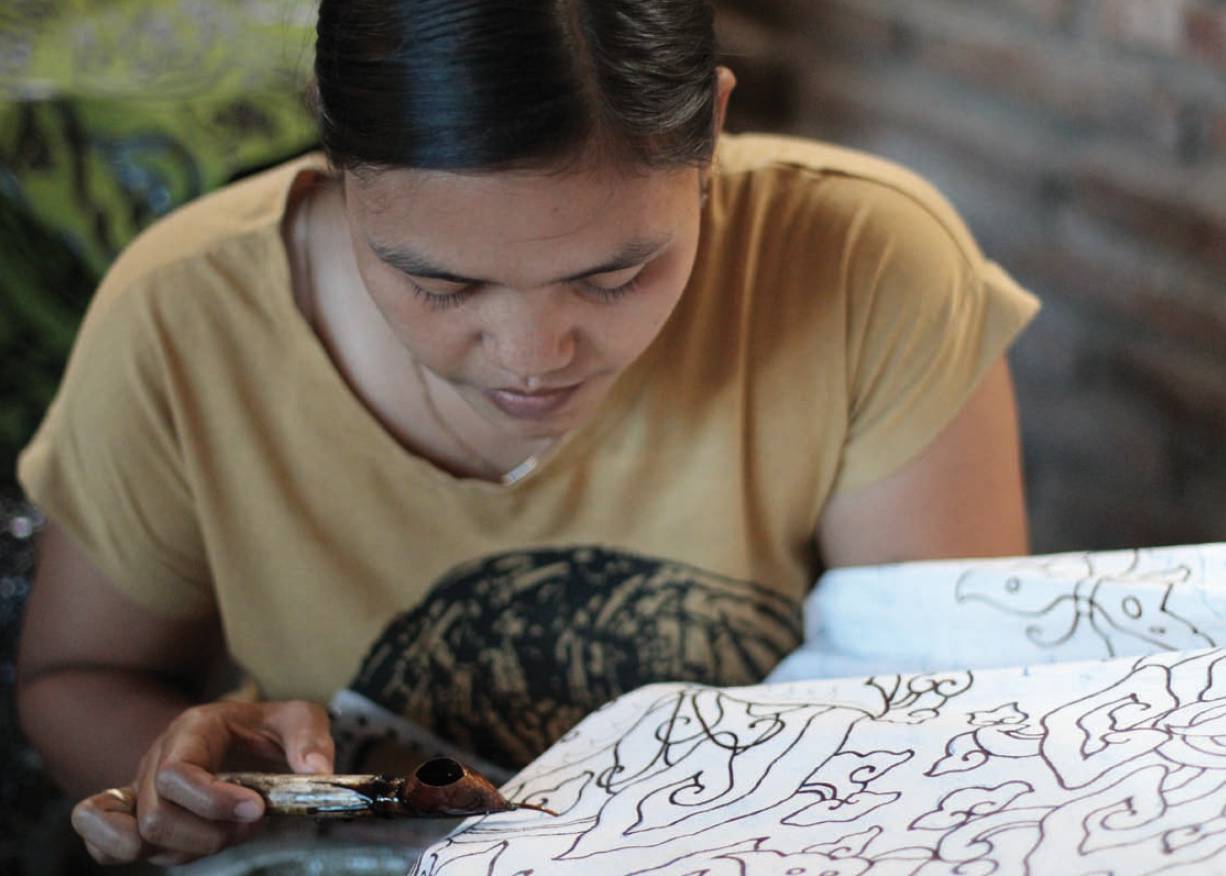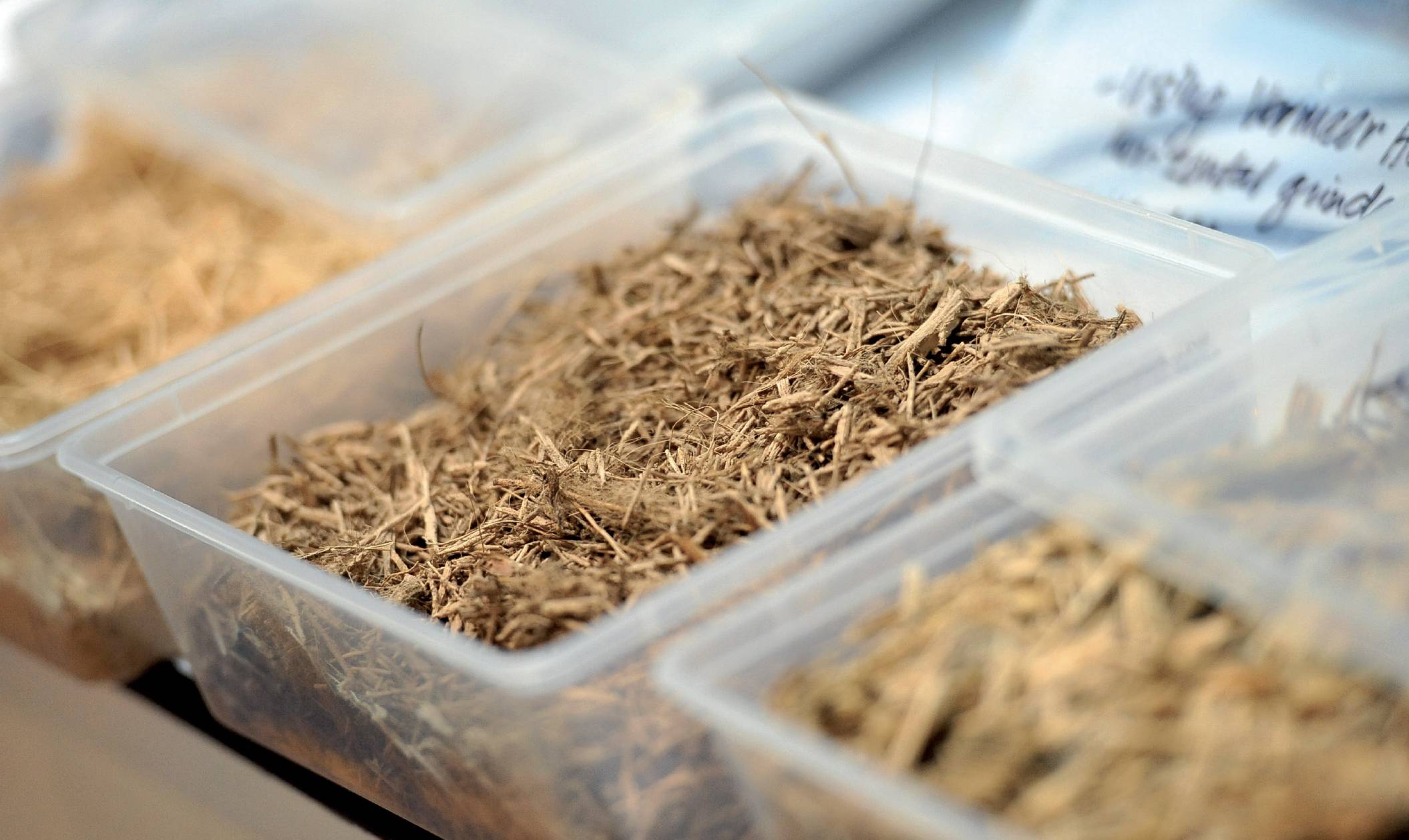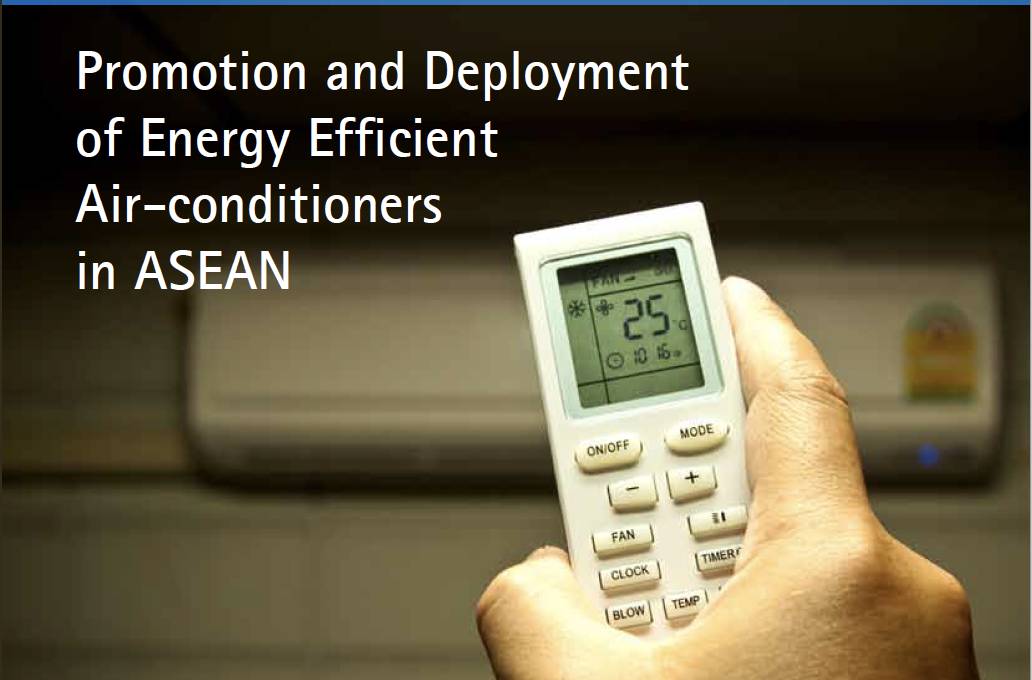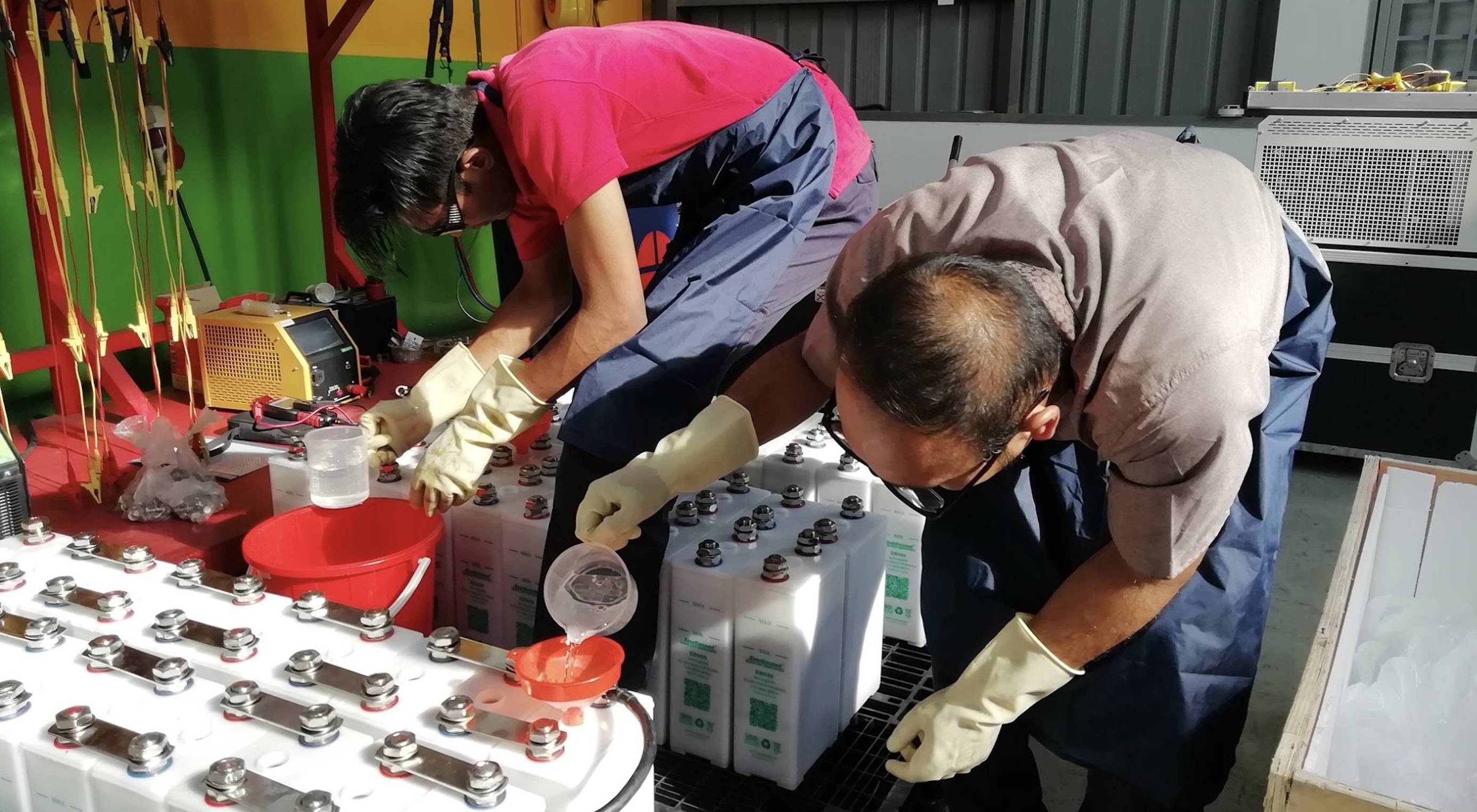
SCP Context
Malaysia National Context for SCP and Connection to the Global Agenda
Malaysia previously participated in the Sustainable Development Goals (SDGs) Voluntary National Review (VNR) in 2017 while it has also aligned the SDGs with the Eleventh Malaysia Plan 2016 – 2020 and produced a National SDG Roadmap 2016 – 2020. With specific regard to SDG 12, while there are numerous policies and initiatives, the National SCP Blueprint is the corner of Malaysia’s efforts on sustainable consumption and production.The SCP Blueprint was completed in 2016 with the support of the European Union over four years through the SWITCH-Asia National Policy Support Component. It covers ten pathways as set of strategies to communicate with the public through regulations, economic signals, education and information. It importantly builds on existing efforts such as the Eleventh Malaysia Plan 2016-2020 as well as international mechanisms. Between 2010 and 2016, SWITCH-Asia also implemented five projects through the Grants Programme.
Challenges
- While Malaysia has completed a National SCP Blueprint, technical capacity is needed to move forward with its implementation.
- There also remains a lack of clear-cut mandate, responsibilities and monitoring in the SCP implementation among Malaysian Government Ministries and agencies.
- Stakeholder engagement, especially from civil society, remains low with regard to SCP-related policy formulation.
- SMEs in Malaysia have limited access to finance, making it difficult to invest in clean technologies.
- As agriculture is the biggest land user behind forestry, unsustainable production methods have negative impacts on land and other resources, including land and soil degradation, pesticide pollution and loss of biodiversity.
- Buildings consume a large percentage of energy and account for a significant portion of Greenhouse Gas Emissions in Malaysia due to a lack of implementation of certifications and guidance.
Priorities
In addition to responding to the challenges, there are key sectors and activities that will promote overall effectiveness SCP efforts and the long-term success of the SDG implementation including:
- Greening supply chains in all sectors is needed to ensure enhanced environmental performance, minimize waste and achieve cost saving benefits.
- As the tourism industry provides an important source of income, employment and wealth to the country, there is a need to support sustainable tourism practices to protect its long-term environmental and economic sustainability.
- Green Public Procurement (GPP) is a priority in Malaysia for both the financial savings from improved efficiency as well as the environmental benefits.
- Standards and eco-labelling programmes are becoming more important as they provide reliable information on green products available in Malaysia and have potential to drive sustainable demand for the promotion of green technology.
- Sustainable lifestyles and behaviours are promoted by Malaysia as priorities because of their ability to contribute to resource efficiency, saving energy and water and in line with low carbon economy goals.
- Improving sustainable practices in the batik industry, especially with regard to manufacturing, is important as the industry continues to grow quickly and remains culturally central to Malaysia.
- Other priorities include: sustainable food production and consumption including food waste, waste management handling and disposal, alternative renewable energy and low carbon manufacturing strategies.
Opportunities
- SWITCH-Asia SCP Facility should facilitate policy dialogues within and between the Malaysian Government SCP-related bodies as well as organisations from civil society, academia and the private sector.
- SWITCH-Asia can further support and strengthen Malaysia’s active implementation of the SCP National Blueprint 2030 in achieving synergy with the 2030 Sustainable Agenda.
- Related projects and policies can be connected to currently existing, larger SCP initiatives, including in initiatives on sustainable lifestyle and education, ecotourism, SCP outreach, sustainable textiles and sustainable cities as well as to 10YFP and international programmes, to find synergy and multiply the impacts.
- Further build capacity of government, business, consumers and civil society on SCP, including integration of SCP concepts into the education system and building awareness on eco-labelling among consumers.
- Expand the use of media to promote SCP awareness among the public.
- Provide financial and technical assistance to SMEs to induce and enable eco-innovation towards resource efficiency.
SWITCH-Asia Activities
2018
SCP Facility
- Preliminary assessment of SCP related policies, activities, needs/gaps, and opportunities.
Regional Policy Advocacy Component (RPAC)
Facilitated the participation of Malaysian key-stakeholders in the following regional/ sub-regional activities:
- Asia Pacific Low Carbon Lifestyles Challenge (19-22 Mar 2018), hosted by Thailand, regional level
- Transforming Asia Pacific: Innovative Solutions, Circular Economy and Low Carbon Lifestyles (17-19 Sep 2018), hosted by Thailand, regional level
- Asian Circular Economy Leadership Academy (3-8 Dec 2018), hosted by Thailand, regional level
2019
SCP Facility
- A demand was recevied from the National Focal Point from the Ministry of Economic Affairs for support on Government Green Public Procurement, Communication and Public Awareness for SCP, as well as sharing experience on the implementation of the SCP Action Plan.
- A concept note with specific actions and timeline is currently being developed by the SCP Facility on the best support to be provided to the country.
Regional Policy Advocacy Component (RPAC)
Facilitated the participation of Malaysian key-stakeholders in the following regional/ sub-regional activities:
- “Sustainability Reporting – Thinking Circular Economy by Businesses” - This event was organised back-to-back with 2019 Asia Pacific Forum on Sustainable Development (27 Mar 2019), hosted by Thailand, regional level
- Businesses Accelerating Inclusive Green Economies – "Leaving No One Behind” - Side event on the Responsible Business and Human Rights Forum co-organised by the Royal Thai Government, OECD, United Nations Development Programme (UNDP), ESCAP, International Labour Organization (ILO) and with the participation of the UN Working Group on Business and Human Rights (11 Jun 2019), hosted by Thailand, regional level
- 2019 Southeast and Northeast Asia Policy Dialogue and Training on “Harmonizing SPP practices and Measuring SPP benefits” - The activity took place in parallel with a series of events related to green procurement organized by the China Environmental United Certification Center (CEC) (23 - 25 Oct 2019), hosted by China, regional level
- WEBINAR: SDG 12.1 Reporting for SWITCH-Asia Countries – Connecting the dots between actions and reporting (5 Nov 2019), regional level
- Policy Dialogue on SDG12 Reporting (21 Nov 2019), hosted by Vietnam, regional level
- 2019 SWITCH-Asia Leadership Academy on Circular Economy (2-6 Dec 2019), hosted by China, regional level
- "Supporting decision making on SCP through training on Sustainable Procurement” - This event was organised back-to-back with International Conference on Sustainable Energy and Green Technology 2019 (11 Dec 2019), hosted by Thailand, regional level
2020
Regional Policy Advocacy Component (RPAC)
Facilitated the participation of Malaysian key-stakeholders in the following regional/sub-regional activities:
- SWITCH2Green Meeting - RPAC initiated the discussion and shared the first report in 2020. (April 2020)
- MOVING THE NEEDLE ON CLIMATE CHANGE – The event was co-organised by the UNESCAP as a part of the 2020 Virtual United Nations Responsible Business and Human Right Forum (RBHRF) (10 Jun 2020), regional level
- WORLD ENVIRONMENT DAY 2020 – A media kit was provided to call for action to promote SCP as a part of the 2020 World Environment Day (WED) celebration (5-7 Jun 2020), regional level
- Intervention in regional forum: Webinar on Sustainable Lifestyles for Plastics & Packaging Waste Management During a Pandemic COVID-19 (6 Aug 2020), regional level
- SCP in Tourism: Opportunities and Challenges with COVID-19 (8 Oct 2020), regional level
- Innovation and Connectivity through Farm to Fork (13 Nov 2020), regional level
- Sustainable Lifestyles for SCP (19 Nov 2020), regional level
- Support to Steering Committee of SWITCH-Asia – Provide support for the annual Steering Committee Meeting to review each country proposed 2021 workplan (3 Dec 2020), regional level
- Regional Policy Dialogue on Circular Cities (4 Dec 2020), regional level
- Regional Dialogue Driving Mechanisms for Eco-Design in Asia (9 Dec 2020), regional level
- Leadership Academy on Circular Economy 2020 (14-18 Dec 2020), regional level
- Webinar: Innovations & Startups (16 Dec 2020), regional level
2021
Facilitated the participation of Malaysian key-stakeholders in the following regional/sub-regional activities:
- Contextualising the Circular Economy for Action (4 Feb 2021), regional level
- Virtual Consultation: Mapping SCP in ASEAN Countries (17 March 2021), sub-regional level
- Technology for Circular Economy: A Prologue to the 2021 SWITCH-Asia Leadership Academy (25 March 2021), regional level
- Circular Economy and Sustainable Lifestyles Course (18 May 2021), regional level


